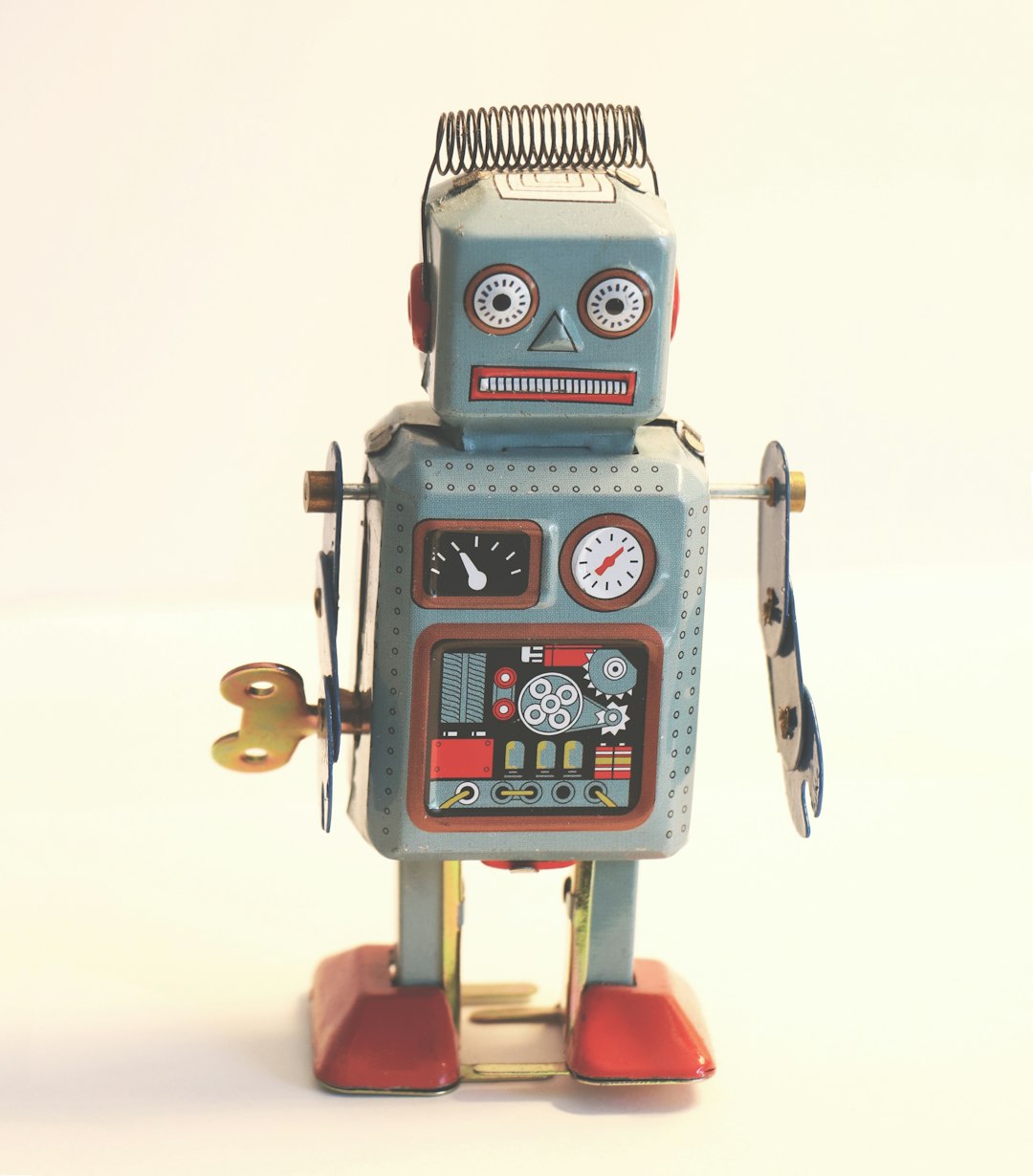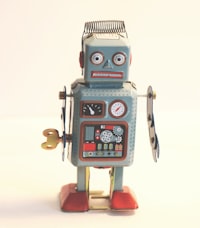Best Practices for Writing Clean Code
Learn the best practices for writing clean, efficient, and easily maintainable code. Enhance your coding skills and improve your software development process.

Introduction
Whether you're a seasoned programmer or a coding newbie, writing clean code is an essential skill. Clean code is easier to read, understand, and troubleshoot. In this blog post, we'll go over the best practices for writing clean, efficient, and functional code.
What Does Clean Code Mean?
Clean code is a term used to describe code that is easy to understand and easy to change. It is written in a way that minimizes the risk of bugs or errors and makes it easier for others (or yourself in the future) to maintain and modify.
Best Practices for Writing Clean Code
1. Use Meaningful Names
One of the simplest ways to make your code cleaner is to use meaningful, descriptive names for variables, functions, and classes. This makes your code easier to read and understand, as it gives a clear idea of what each element does. Avoid using single-letter variable names or vague function names.
2. Keep Your Code Consistent
Consistency in your code can greatly enhance its readability. This includes consistent naming conventions, indentation, and spacing. Adopt a coding style and stick to it throughout your project.
3. Comment When Needed
Comments can be incredibly useful in explaining the purpose of a particular section of code, especially if it's complex. However, overuse of comments can make your code cluttered. Try to write code that is self-explanatory, and only use comments when necessary.
4. Refactor Regularly
Refactoring is the process of improving your code after it has been written. This includes eliminating redundant code, simplifying complex sections, and improving performance. Regular refactoring helps keep your code clean and efficient.
5. Write Small, Single-Purpose Functions
Functions should ideally perform a single task. If a function is doing multiple things, it becomes harder to test and debug. Try to keep your functions small and focused on a single task.
Benefits of Writing Clean Code
Writing clean code may seem like a lot of extra work, but the benefits far outweigh the effort. Here are just a few reasons to make clean coding a habit:
- Improved Readability: Clean code is easier to read and understand, making it faster and easier to work with.
- Easier Maintenance: When code is clean, it's easier to make changes, add new features, or fix bugs.
- Less Time Debugging: Clean code tends to have fewer bugs, meaning you'll spend less time debugging and more time adding features or improving your code.
- Better Performance: Clean code often runs more efficiently, leading to improved performance.
Conclusion
Writing clean code is a practice that takes time and patience, but it's an investment that pays off in the long run. By following these best practices, you'll be on your way to writing code that is cleaner, more efficient, and easier to maintain. Happy coding!




 Editorial Crew
Editorial Crew 







